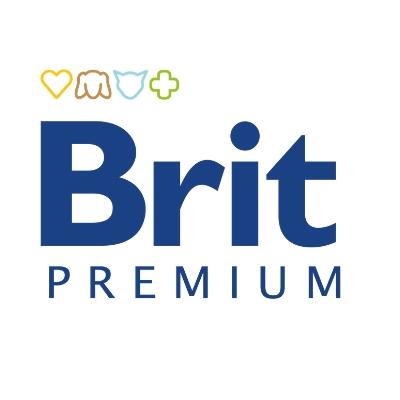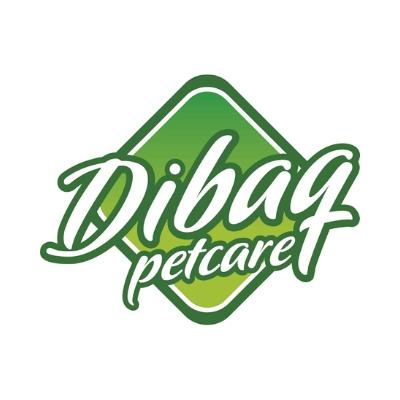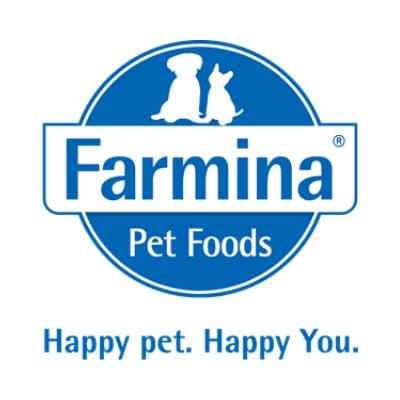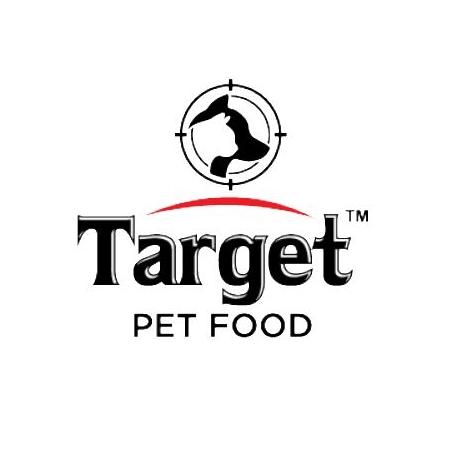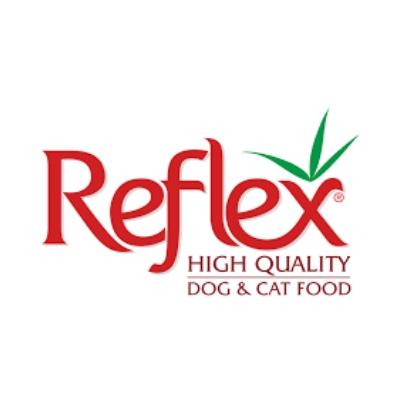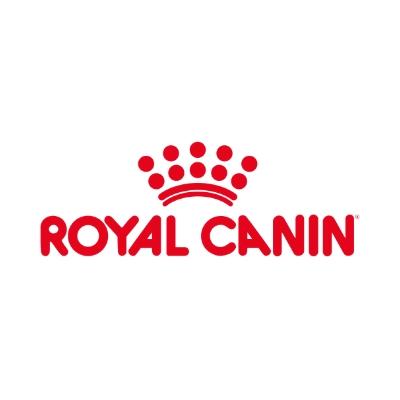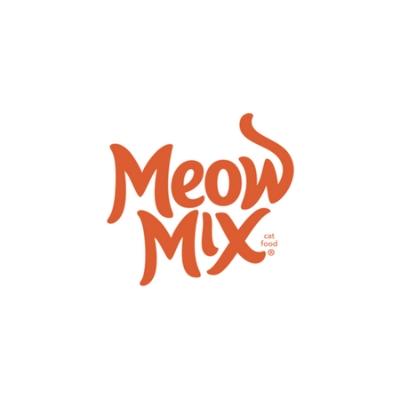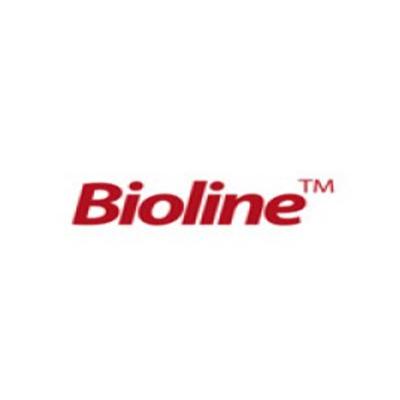Cat Liver Disease
Introduction
Liver disease is basically any condition which affects the liver's ability to function properly.
How Liver Disease Affects Cats
The liver executes some of the most complex functions in a cat's body. It metabolizes fat, carbohydrates and protein. It also stores vitamins and minerals and aids in digestion and detoxification of wastes. The effects of liver disease are extremely variable. They include inappetence, depression, lethargy, weakness, weight loss, unkempt hair coat, nausea, vomiting, diarrhea and dehydration. Another common sign is abdominal enlargement. Some more specific signs of liver disease include jaundice, bilirubinuria, changes in the color of feces, increased thirst and frequency of urination, and neurological and behavioral changes that can include aggression, agitation, disorientation, depression, trembling, circling, lack of coordination, aimless wandering, pacing, head-pressing, blindness, excessive salivation, generalized seizures and even comas. These signs can wax and wane over time. Cats with liver disease can also have blood clotting abnormalities. Liver disease can affect cats of all breeds and all ages. However, liver problems are more prevalent in cats that are overweight, diabetic, feline-leukemia-virus positive and/or suffering from hyperthyroidism.
Causes & Prevention
Causes of Liver Disease in Cats
There is no one cause of liver disease in cats. It can be inherited or caused by infection or ingestion of toxins. Liver disease also can be caused by fibrosis, congenital vascular disorders, biliary tract disorders, abscesses or cancer. Liver disease can be acute in onset or it can come on slowly. There are innumerable toxins that can damage the liver if ingested. Any heart or circulatory problem affecting blood flow to the liver can contribute to liver disease. Secondary liver problems can be triggered by metabolic disorders like diabetes, pancreatitis, Cushing's disease and/or hyperthyroidism. Some other possible causes include trauma, infectious disease (fungal, viral and bacterial) and environmental stress.
Prevention of Liver Disease in Cats
Other than maintaining a healthy environment for your cat – with a high-quality diet, free access to fresh water, warm well-padded bedding and lots of play time – there is no real way to prevent liver disease.
Special Notes
Liver disease is a serious, life-threatening condition which requires aggressive medical treatment. There are a number of treatment protocols for cats with liver disease. These include prescription and over-the-counter medications, dietary supplements, lifestyle changes, supportive care, surgical procedures and a number of other possible therapies that your veterinarian can discuss with you. The liver is a remarkably complex organ that can malfunction and yet still recover in multiple ways.
Symptoms & Signs
The clinical signs of liver disease (medically referred to as "hepatobiliary disease") can be extremely variable due to the liver's extensive interaction with other organs and its independent regenerative capacity. More than half (and maybe up to 70 or 80 percent) of functional liver tissue must be destroyed before actual liver failure occurs. Often, there are no clinical manifestations of liver disease, or the condition may present with only vague and nonspecific signs. Once symptoms do develop, liver disease is usually quite advanced, although the severity of any given clinical signs does not necessarily correlate with the extent of liver damage or the cat's prognosis. Additionally, because the liver is intimately involved in so many bodily functions, what appear to be symptoms of liver disease might actually be caused by an abnormality in another organ or organ system. Keeping this in mind, there are a number of signs that, taken together, can be suggestive of liver dysfunction, which can be mild or severe and can present acutely or develop slowly.
Symptoms of Liver Disease in Cats
Among its many other functions, the liver is responsible for filtering toxins out of the blood and regulating the metabolism of food. Symptoms of liver disease are associated with a build-up of these toxins. When toxins accumulate in the blood stream because the liver is unable to remove them, the affected cat will become increasingly thirsty as its body attempts to flush toxins out in the urine. Cats with liver disease tend to drink more and urinate more than usual. They also tend to lose their appetite and, over time, lose weight and muscle mass as well. Other common signs include depression, lethargy, weakness, weight loss, bad breath, poor or unkempt hair coat, nausea, vomiting, diarrhea and dehydration. Another common sign is abdominal enlargement, which may be the first sign noticed by owners or may be discovered during a routine physical examination by a veterinarian. The distended abdomen is caused by an enlarged liver or spleen ("organomegaly," which means an enlarged organ), excess fluid in the space between abdominal organs (called "effusion"), or poor abdominal muscle tone (called "muscular hypotonia"). Each of these causes may or may not be associated with primary liver disease.
Some other clinical signs of liver disease are jaundice, bilirubinuria, acholic feces and behavioral and neurological changes. Jaundice is the yellow staining of the serum or tissues, including skin and mucous membranes, caused by an excess of the bile pigment, bilirubin. Jaundice, also referred to as "icterus," can turn a cat's urine a bright, yellowish-orange color ("bilirubinuria"). Acholic feces – or changes in fecal color – are caused by an absence of bile pigments in the intestinal tract, making the cat's stools pale, gray and putty-colored. This normally indicates complete bile duct obstruction associated with primary liver disease.
Behavioral and neurological changes reported in cats suffering from liver disorders include aggression, restlessness, agitation, dementia, disorientation, depression, trembling, circling, incoordination, staggering, aimless wandering or pacing, head-pressing, blindness, excess salivation, tremors, generalized seizures and even comas. The general term for this condition is "hepatic encephalopathy." "Hepatic" means emanating from or pertaining to the liver. These signs can develop in cats with liver disease because the cerebral cortex of the brain is exposed to circulating toxins that normally are removed by a healthy liver, but escape hepatic detoxification in cases of liver disease. Most gastrointestinal toxins are derived from bacterial metabolism, or digestion, of proteins and their by-products. Ammonia is one of the most common gastrointestinal toxins contributing to the clinical signs of liver disease, which can wax and wane over time. Hepatic encephalopathy is a chronic condition which cannot be cured but usually can be controlled.
Companion animals with liver disease often have problems with coagulation, or clotting, of their blood, because of the integral role of the healthy liver in this process. In cats, the upper gastrointestinal tract – usually the stomach and duodenum, which is the first part of the small intestine - is most commonly affected by coagulation disorders associated with liver disease. This can cause gastrointestinal bleeding/hemorrhage, which owners may detect by seeing fresh blood in their cats' litter box. Affected cats may also vomit blood. Finally, increased volume of urination and drinking of water typically accompany serious liver dysfunction. Your veterinarian may refer to these symptoms as "polyuria" and "polydipsia."
If your cat exhibits any of the symptoms discussed, and especially if you notice a number of them occurring at the same time, please see your veterinarian immediately. Only a veterinarian can run the crucial tests needed to confirm a diagnosis of liver disease.
Treatment Options
The liver is unique in that it has a large reserve capacity along with some regenerative capacity. Therefore, it is actually possible to successfully treat feline liver disease if the diagnosis is made early, depending upon the underlying cause of the problem. The goals of treatment are to eliminate any harmful agents or minimize their detrimental effects on the liver, promote healing and regeneration, prevent or control complications of liver dysfunction, treat the underlying cause when possible and keep the cat as comfortable and stable as possible until sufficient liver functioning is re-established.
Treating Liver Disease in Cats
Treatment protocols for cats with liver disease will vary based upon the cause of the disorder. Liver disease in cats can be caused by fibrosis, congenital vascular disorders, a wide variety of toxins, biliary tract disorders, abscesses and various types of neoplasia (cancer). Of the cancers, cholangiocellular carcinoma and hepatocellular carcinoma are the most common types of primary liver tumors in cats, although they are not especially common. Many forms of cancer can metastasize to the liver as well. Liver disease can be acute in onset or chronic. While treatment options vary depending on the underlying cause of disease, they will often include some or all of the following approaches, and treatment will often be life-long.
Dietary Modification
Dietary adjustments are normally recommended to ensure that a cat with liver disease gets the calories and nutrients necessary to support liver regeneration and manage the signs of hepatic encephalopathy. These diets can be commercial or homemade and tend to contain very digestible, high-quality but restricted levels of protein, to reduce metabolic demands on the liver. Protein restriction is important to reduce the levels of circulating ammonia, which is caused by bacterial breakdown of protein in the gut. Your veterinarian might prescribe a particular diet with regulated portions of carbohydrates, vitamins, proteins, minerals and fats. Dietary sodium should be restricted in cases of abdominal fluid retention. In addition to dietary changes, your veterinarian might suggest vitamins and other supplements that may improve liver functioning and promote regeneration, such as Vitamin E, Vitamin C, Vitamin K, Zinc, S-adenosylmethionine ("SAM-e"), milk thistle (silybin) and/or Ursodiol.
For inherited liver disorders associated with excess copper accumulation, the amount of ingested copper must be minimized. Your veterinarian can recommend several commercially available diets and/or diets that can be made at home that contain restricted copper.
Drug Therapy
In some cases, drug therapy is appropriate to treat liver dysfunction in cats. Glucocorticoids ("steroids") have been reported to prolong survival times in some cats with liver disease, due to their anti-inflammatory and immunosuppressive effects, although their use and appropriate dosage protocols are controversial. Antibiotics are sometimes prescribed to combat bacterial infections, especially if hepatic abscesses are present. Certain anti-fibrotic drugs have been used to combat liver fibrosis. Studies of these drugs in people show remarkable improvement in clinical signs and survival rates. Some companion animals have been shown to benefit from their use as well, although reported side effects include diarrhea, vomiting and abdominal discomfort. Other medications might be recommended to relieve vomiting, gastrointestinal bleeding and ulcers, if these signs are present.
Lactulose is commonly prescribed for companion animals with hepatic encephalopathy to increase gastrointestinal tolerance of proteins. Lactulose is broken down by bacteria in the colon and traps ammonia molecules there, making them non-absorbable and therefore excreted in the feces. Lactulose also changes bacterial metabolism so that less ammonia is generated in the first place. If the cat has seizures associated with liver disease, barbiturates such as phenobarbital may be recommended, although generally barbiturates should be avoided in cases of liver disease. Other medications will no doubt be developed over time to help treat the causes and consequences of liver disease. Drugs that require metabolism by the liver to become effective (or to be eliminated by the body) should be avoided, and all drugs should be prescribed conservatively and in moderate doses in cats with liver disorders.
Supportive Care
Sometimes, liver disorders are treated only with supportive care, although usually supportive care accompanies rather than replaces other treatment options. Intravenous or subcutaneous fluids may be given to correct dehydration and restore proper electrolyte balance. Antacids or other medications for taxing symptoms like vomiting and diarrhea can be administered. Of course, a safe, calm, temperature-regulated environment and a healthy diet with free access to fresh water are essential.
Blood Transfusion
Blood transfusions may be necessary for cats with severe bleeding disorders associated with liver disease. Only fresh whole blood or fresh packed red blood cells should be used, because stored blood products contain high ammonia concentrations, which is undesirable in cases of liver disease as it can exacerbate the behavioral and neurological signs associated with hepatic encephalopathy.
Surgery
When the diagnosis involves an identifiable solitary liver mass, the treatment of choice is surgical removal. Hemorrhage is the most common complication of these surgeries, and fresh blood products should be available in case transfusion is necessary during or after surgery. Cats with liver disease are anesthetic risks, because most anesthetic agents are processed in the liver. Chemotherapy can be used for some forms of liver cancer as well. Unfortunately, treatment options are very limited for cancer which affects more than one lobe of the liver.
Newer Treatment Options in Development
Efforts are being made to explore new treatment options for companion animals with liver disease - especially for those with hepatic cancer. These include intra-arterial chemotherapy, trans-arterial chemoembolization, percutaneous ethanol injections, microwave coagulation and various immunotherapeutic strategies. While these potential therapies are beyond the scope of this article, you might discuss them with your veterinarian if your cat is diagnosed with hepatic neoplasia.
The liver is a remarkably complex organ that can malfunction and yet recover in multiple ways. Specific treatment protocols and an accurate prognosis will depend upon the type and cause of the liver dysfunction in a given animal. Only a veterinarian can assess which treatment methods are best in any given case of feline liver disease.









